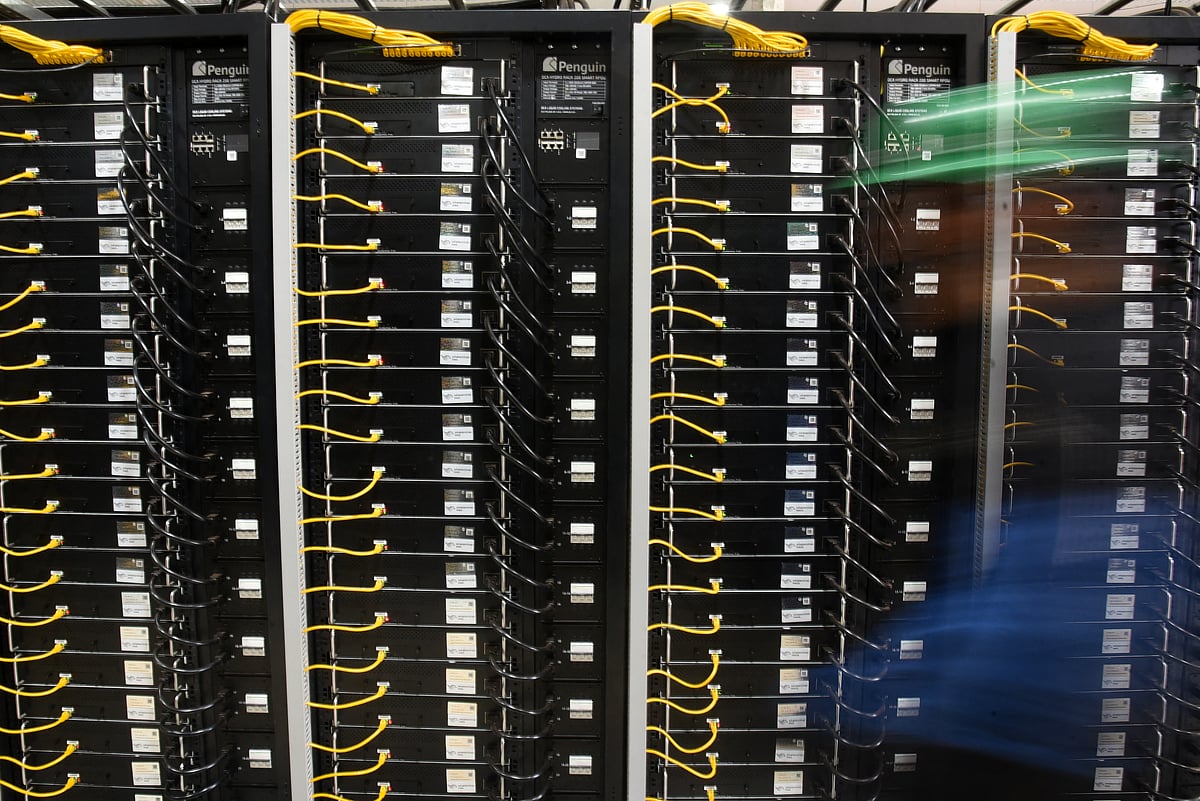Crypto’s dirty secret: How mining it is hurting the planet — and farms
Bitcoin’s energy use per dollar generated now exceeds that of mining copper or gold

Dubai: Crypto mining has long been sold as digital innovation. But behind every Bitcoin or other tokens lies a hidden environmental cost — one that’s now drawing attention from global researchers and even UAE regulators.
Why crypto mining uses so much energy
Every Bitcoin transaction has to be validated through a process called “mining,” where thousands of computers compete to solve mathematical puzzles. The first to solve it adds a block to the blockchain and earns a reward.
The catch: this process devours electricity. According to UN University’s 2025 report, Bitcoin’s energy use per dollar generated now exceeds that of mining copper or gold. The study found that for every dollar of Bitcoin created between 2020 and 2021, around $0.35 worth of environmental damage occurred — more than most metals or industrial products.
Much of the electricity powering these “mines” comes from coal- or gas-fired plants, especially in countries with cheap power. That means more greenhouse gases — and fine-particle air pollution — are released into the atmosphere.
A Harvard T.H. Chan School of Public Health study found that Bitcoin mining significantly increases PM2.5 pollution, the tiny airborne particles linked to respiratory and heart disease. The researchers warned that these emissions harm human health far beyond the mining sites, affecting populations downwind across entire regions.
Hidden costs: Carbon, waste, and water
Bitcoin’s annual energy use now rivals that of Poland or Ukraine, according to independent energy analysts. And while miners often tout the use of renewable power, global data shows that most still rely on fossil fuels.
Each mining rig — those bulky computers known as ASICs — has a short shelf life of about 1.3 years. Once outdated, they’re dumped, contributing to tens of thousands of tonnes of electronic waste every year. These discarded machines often contain toxic metals that contaminate soil and groundwater when not properly recycled.
Water is another overlooked casualty. Mining farms need massive cooling systems to prevent overheating. Whether drawn from rivers, desalination plants, or power-station cooling systems, that water use adds up — and competes with agriculture in regions already facing scarcity.
When crypto mining moves to the farm
In the UAE, that overlap between farming and crypto just turned into a legal issue. Earlier this month, Abu Dhabi authorities banned cryptocurrency mining on farmland, imposing fines of up to Dh100,000 for violators.
Investigations found that some farmers were running illegal mining operations inside agricultural facilities, tapping subsidised electricity intended for irrigation and cooling. Officials warned that such practices damage soil quality, risk electrical fires, and undermine food-security goals.
The crackdown underscores a growing recognition that crypto mining and farming simply don’t mix — at least not under traditional, power-hungry models.
Can crypto mining ever be sustainable?
Not all experts believe crypto must remain environmentally destructive. Some see potential in “greener” approaches — if done carefully.
Heat reuse: Mining rigs generate enormous heat, which can be repurposed to warm greenhouses or dry crops, reducing energy bills for farmers in colder climates.
Renewable integration: Some companies are experimenting with mining operations powered by excess solar or wind energy that would otherwise go unused. In such cases, mining helps stabilise renewable grids by consuming surplus power during low-demand periods.
Cleaner technologies: A shift from Proof-of-Work to Proof-of-Stake, as seen in newer blockchains like Ethereum, drastically cuts energy use by up to 99% since it doesn’t rely on computing races to validate transactions.
Still, these solutions remain limited. Bitcoin, which dominates the crypto market, continues to rely on energy-intensive processes — and shows no signs of changing soon.
Big picture?
From the US and China to Central Asia and now the Middle East, governments are waking up to the environmental footprint of crypto mining. What started as a digital revolution has become a global test of sustainability.
For the UAE, the lesson is clear: innovation can’t come at the expense of energy security or environmental health. As the nation invests heavily in clean power and climate resilience, curbing energy-intensive mining is both an ecological and economic necessity.
Often dubbed “digital gold” for its scarcity and inflation-hedging appeal, Bitcoin’s true value now faces scrutiny as its hidden environmental costs come into focus.
Sign up for the Daily Briefing
Get the latest news and updates straight to your inbox
Network Links
GN StoreDownload our app
© Al Nisr Publishing LLC 2026. All rights reserved.
